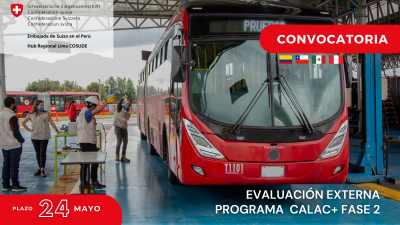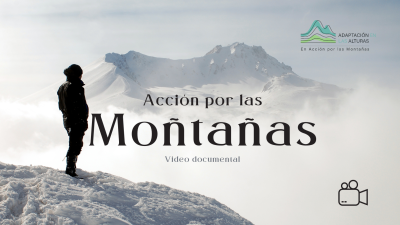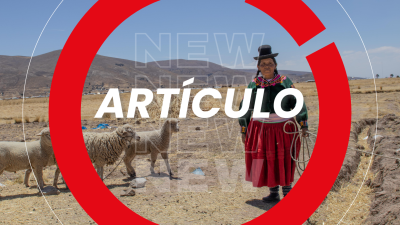The RRR Project developed workshops to educate and formulate implementation proposals in Peru.
A series of SSP workshops were conducted within the framework of the second phase of the Project “Safe Recovery and Reuse of Resources – RRR”, aimed at contributing to the adoption of sanitation safety planning under the Peruvian regulatory framework.
The safe recovery and reuse of resources offers excellent enterprising opportunities to public and private entities through the transformation of liquid and solid waste flows, such as treated wastewaters, domestic Wastewater Treatment Plants, organic waste from markets and waste edible oils, into value products such as irrigation water, nutrients to improve soil fertility and renewable energy sources.
In order to protect public health during the implementation of reuse models, the World Health Organization developed the methodology and published the manual for the sanitation safety planning (SSP) as a risk management tool.
In this respect, in order to provide suitable discussion and learning platforms for the different stakeholders, three specialized workshops were held from October 24 to 27, which sought to contribute to the adoption of sanitation safety planning in the country’s regulatory framework. It should be noted that the workshops were facilitated by the members of the SSP education team, endorsed by the World Health Organization and led by the Swiss Tropical and Public Health Institute.
The Workshops.October 24. As programmed, the Presentation of the Sanitation Safety Planning (SSP) took place in the morning, at the facilities of Hotel Suites del Bosque to the high-level representatives of ministries, regulatory agencies and other supervisory bodies, members of the RRR public-private work team and technical personnel of the organizations that form part of the RRR public-private work team.
The workshop aimed at raising awareness among decision makers regarding the benefits that sanitation safety planning may contribute as a control tool for health and environmental risks, to enable the efficacy of public and private undertakings engaged in the reuse of resources.
October 24, 25 and 26. The second workshop, Sanitation Safety Planning Methodology, was held during the afternoon of the first day, aimed at the technical personnel of the organizations that form part of the the RRR public-private work team and of some municipalities of Lima, to show that sanitation safety planning is a practical instrument that enables the implementation of the World Health Organization guidelines in reuse matters.
The workshop methodology sought the active participation of attendees, to acquaint them with the details of the application methodology of SSP. In this respect, they were able to recognize the value of SSP as a tool that ensures that RRR initiatives do not represent a risk to public health and the environment; they identified how the SSP may be integrated to the protection and safety mechanisms that are carried out within the context of their work.
After two and a half days of work, participants received an attendance certificate issued by the World Health Organization.
October 27. During the last day of the workshop sessions, the members of the RRR Public-Private Work Team got together seeking to identify the process to integrate sanitation safety planning into the country’s policies. The space was favorable to receive the conclusions and recommendations achieved during the previous days, giving rise to an analysis and reflection on the opportunities to be pursued to integrate SSP in the State institutions and what the best path would be to achieve such integration in public policy.
The RRR Project
In its second phase, the Project is being implemented by the RRR Consortium formed by the GEA Group, IPES – Institute for the Promotion of Sustainable Development, La Molina University and Care Peru; the Swiss Research Institute, Eawag Aquatic Research; SEECON GmbH and Swiss TPH; and has the technical and financial support of the Global Water Initiatives Program of the Swiss Agency for Development and Cooperation – COSUDE.
Additional information:
Brochure “Safe Recovery and Reuse of Resources – RRR” Project








